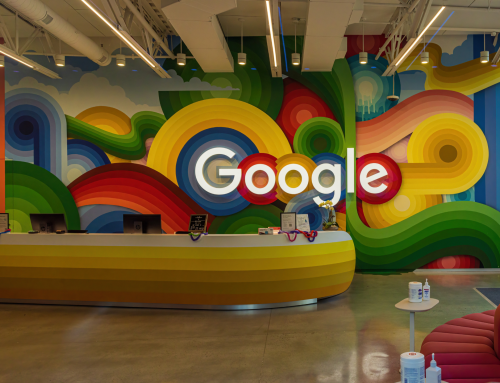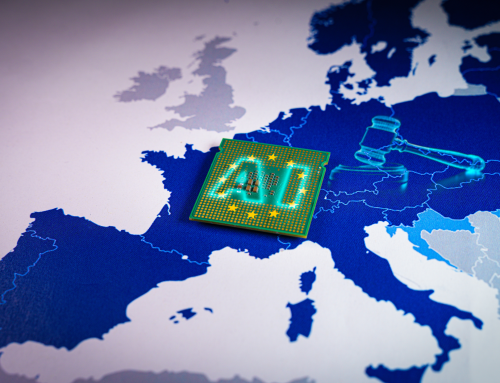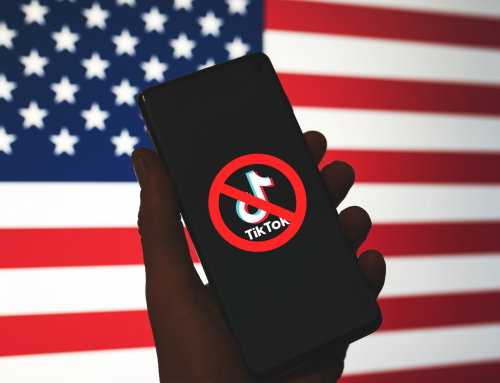On March 31, 2023, the data protection authority in Italy announced that the popular service ChatGPT would be temporarily blocked in the country. The reason given was violations of data protection and the lack of sufficient information about the use of data by the operator OpenAI.
“The point is that if I don’t know who is doing what with my personal data, I won’t be able to control the use of my personal data to exercise my rights,” Italian Privacy Commissioner Guido Scorza told legal data.
Investigations into ChatGPT’s lack of protection for minors.
The data protection authority also criticized the lack of filters to prevent children under the age of 13 from being shown “absolutely inappropriate” information. Investigations were initiated as a result. The authority banned the processing of data from users in Italy as a precaution, making ChatGPT inapplicable in the country.
Popularity of the service as reason for blocking
The popularity of the service was one of the reasons Italy not only launched an investigation but decided to stop the service “before it’s too late,” Scorza said. OpenAI was given 20 days to present measures to address the allegations. Failure to do so could result in a fine of up to 20 million euros, or four percent of global revenue.
The data protection authority also referred to a recent data breach in which users of ChatGPT were able to see information from other people’s profiles. The problem was attributed by OpenAI to a bug in software used for ChatGPT.
ChatGPT relies on capturing enormous amounts of text to formulate sentences that are almost indistinguishable from those of a human. This rationale risks the software “hallucinating facts,” as OpenAI calls it – misrepresenting information as correct. Italian data privacy advocates also see a fundamental problem with how ChatGPT was trained. They say there is no legal basis for the mass collection and storage of personal data to train the algorithms.
Reaction from ChatGPT users and experts
The blocking of ChatGPT in Italy triggered reactions from users and experts. Some welcomed the decision as a necessary privacy measure, while others criticized it as excessive and unnecessary.
Italy’s data protection authority stressed that it wants to protect users’ privacy and rights. “We have asked ChatGPT’s operator, OpenAI, to provide us with detailed information on how they process personal data and how they ensure that user data is protected,” said Guido Scorza, Italy’s data protection commissioner.
“We have also expressed concern that the algorithms used for ChatGPT are based on mass collected personal data for which there is no sufficient legal basis,” Scorza adds.
ChatGPT has gained popularity worldwide in recent months. The software has the potential to revolutionize the way people interact with voice and text. But there are also concerns about privacy and the potential impact on society if AI-based technologies are misused.
Scorza stresses that the data protection authority in Italy is not opposed to progress or innovation. “We want to make sure that technology is used in accordance with data protection regulations and users’ rights,” Scorza says.
DS-GVO issues
It remains to be seen how the matter will play out and whether OpenAI will be able to take the necessary steps to lift the block on ChatGPT in Italy. However, the decision of the Italian data protection authority could have an impact on the development and use of AI-based technologies worldwide. After all, in addition to the data security and confidentiality issues outlined above, ChatGPT also learns with each request itself – whether this is in line with the principles of purpose limitation and the strict regulations of the GDPR will soon have to be reviewed by the European data protection authorities.







